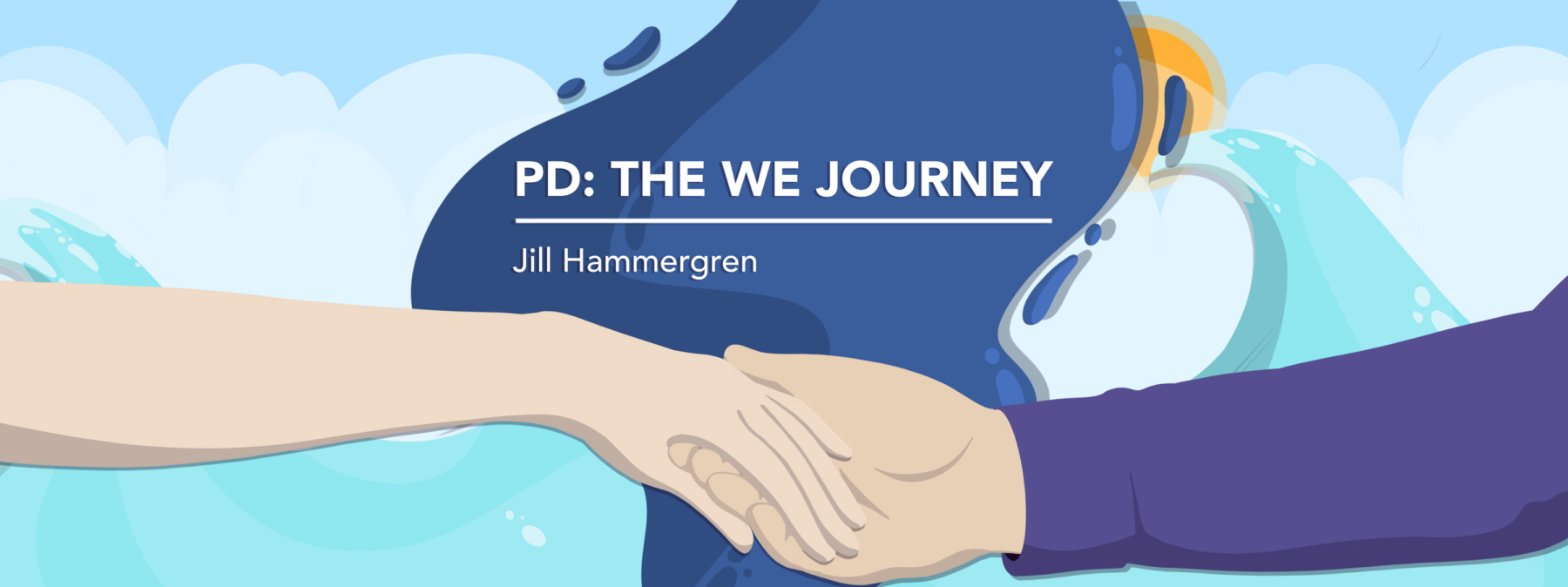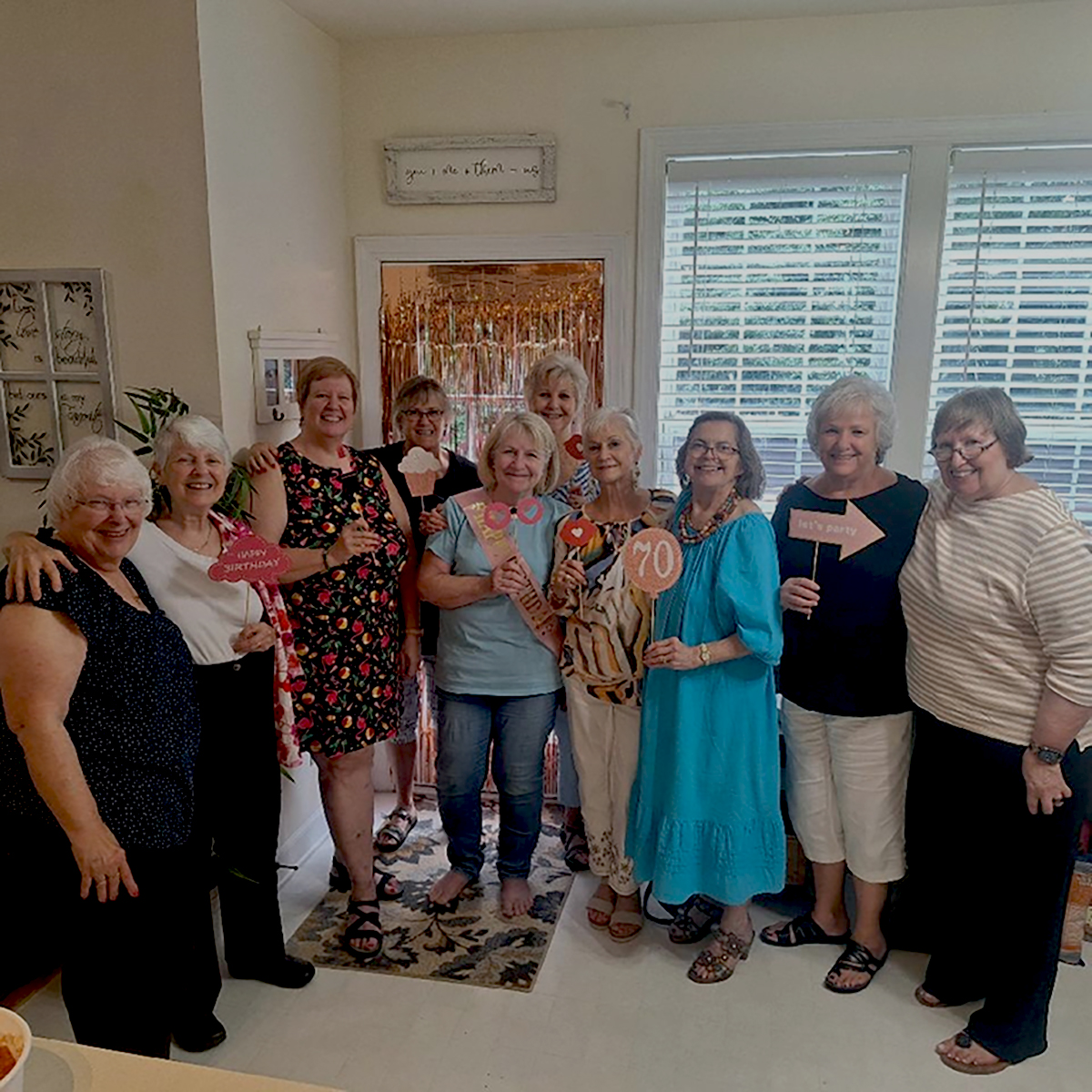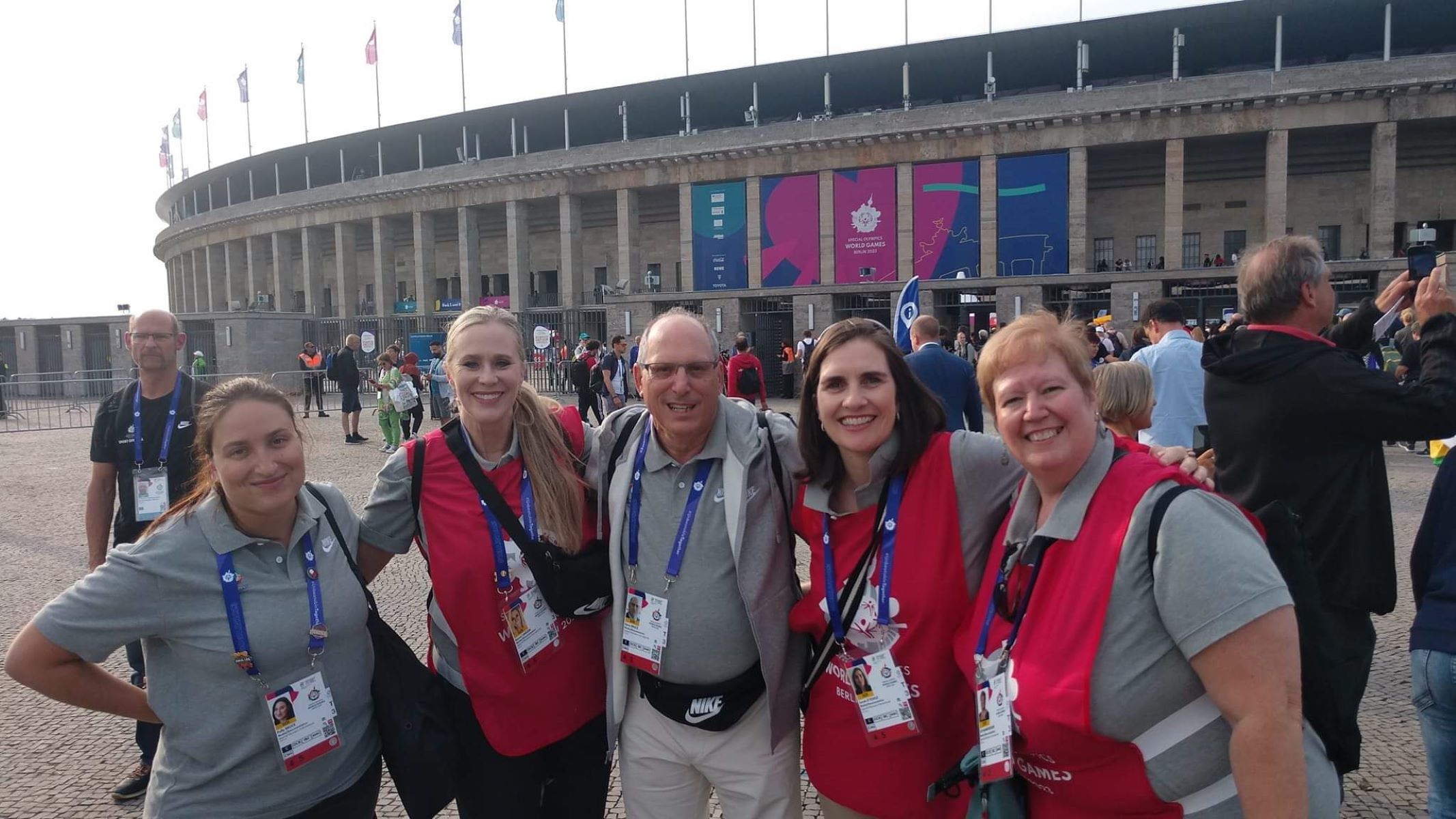Being a caregiver is hard, making self-care and support crucial
Asking for help makes me a better caregiver and partner

Many of us readily lend a hand when a loved one, friend, or neighbor needs support, especially if it’s a one-time occurrence. These are typically straightforward things like driving them to an appointment when their car isn’t working, providing a meal when they’ve had an illness or death in the family, or gathering the mail while they’re on vacation. However, few of us sign up to be full-time caregivers.
Sometimes we assume that role, though, because a loved one faces challenges with abilities or illness. In my case, I’m married to someone with Parkinson’s disease.
Former First Lady Rosalynn Carter had great insight into caregiving when she created the Rosalynn Carter Institute for Caregivers in 1987. “There are only four kinds of people in the world,” she once said, “those who have been caregivers, those who are currently caregivers, those who will be caregivers, and those who will need caregivers.”
Finding a support network
Each year, tens of millions of adults in the U.S. care for a child, parent, or other relative. Many of us who care for our spouses also do so for children, and if we’re in that “sandwich generation,” we also care for parents or grandparents. A recent report by AARP noted that 38 million of us are unpaid family caregivers providing the equivalent of $600 billion worth of care each year.
No one prepares you for the rigors or the emotional toll of caregiving. I’m embarrassed to admit that my loving nature, of which I’m proud, often instantly turns into sharp-tongued and short-tempered reactions, which I always regret. I quickly apologize to Eric, my husband of 29 years, when I let the anger, frustration, stress, and other emotions get the best of me. I never want to be that person. I love Eric and hate how Parkinson’s has changed both him and me.
That’s not an excuse, though, and I’m not seeking a pity party. The truth is that we caregivers need support, too. Eric and I are in the 10th year of his Parkinson’s journey. Two years ago, I finally turned to a counselor to help me focus more on self-care. Since then, I’ve learned to meditate, keep a journal, and go for walks. Today, I have a fantastic support network.

Me and my Rock Steady Boxing support group besties. From left, Shirley Blackorby, Bev Manifold, Jill Hammergren, Liza Gettles, Julie Crisson, Faye Woodall, Betty Hardy, Sylvia Wilson, Dee Laughner, and Rhonda Miller. (Courtesy of Julie Crisson)
Eric and his fellow fighters attend Rock Steady Boxing classes three times a week, where they share experiences and fight to live their best lives possible. The spouses of this group, myself included, also share something profound. We rely on one another for friendship, love, and support. I don’t know what I’d do without those incredible people. We laugh and cry together, share ideas, and lament difficult situations. We’re in it together, and I’m forever grateful to have them in my life.
Additionally, even though it’s hard to do, I’ve occasionally asked for help so I can do things to fill my own cup. I’ve learned that it’s something I must do to be a better caregiver and partner for Eric. One such event happened last year when I swallowed my pride and asked Eric’s brother, Dave, if he would travel from Minnesota to North Carolina to stay with Eric while I went to Berlin to volunteer for the Special Olympics World Summer Games. I’m so grateful that he agreed to do it.

The Special Olympics Media SOS team in Berlin in 2023. From left, Polly Bruce, Nance Larsen, Steve Bruce, Sarah O’Toole, and Jill Hammergren. (Courtesy of Jill Hammergren)
I’ve volunteered for the Special Olympics for over three decades, and it brings me joy and inspiration to see the athletes’ incredible talents and the heart-centered people involved in the organization. I’m part of a uniquely talented team that facilitates media coverage for the athletes and the global movement. These enduring friendships are something I deeply treasure, and I’m truly grateful for all of the love and support I receive.
As a caregiver, it’s easy to think that I’m alone in the struggles of trying to do everything right for Eric. But I’m not alone, and neither are you. We don’t exist in a vacuum. At some point in our lives, we all provide care and need to receive care. I must remind myself (and every other caregiver) that it’s OK to reach out and ask for help, and that it’s vital that we practice self-care.
Note: Parkinson’s News Today is strictly a news and information website about the disease. It does not provide medical advice, diagnosis, or treatment. This content is not intended to be a substitute for professional medical advice, diagnosis, or treatment. Always seek the advice of your physician or another qualified health provider with any questions you may have regarding a medical condition. Never disregard professional medical advice or delay in seeking it because of something you have read on this website. The opinions expressed in this column are not those of Parkinson’s News Today or its parent company, Bionews, and are intended to spark discussion about issues pertaining to Parkinson’s disease.








Sharon Spurlin
Thank-you for sharing this. I needed it today. My husband also has Parkinson's Disease. He was diagnosed in 2018, but I think he had it for about 3 years prior to that. The mental changes are challenging. I have learned to expand love to include each new variation that presents itself. Sometimes it takes a beat of acceptance, but that's the best way deal with it - is to shift the love with the disease. Thanks again and hope you will continue to be able care for yourself in your journey.